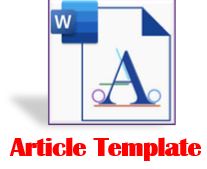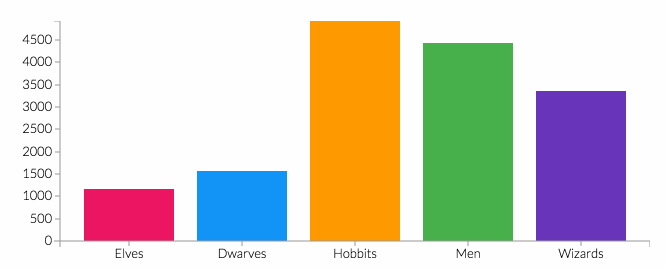Islamic Stream Indonesian Wahhabis in a Theological Review
DOI:
https://doi.org/10.65065/hweaew23Keywords:
Wahabi, Theology, ThoriqohAbstract
The purpose of this study is to examine the Wahhabi movement in Indonesia from a theological perspective. This research uses a qualitative method with a literature review, through an analysis of primary Wahhabi works and secondary literature examining its development and influence in Indonesia. The results show that Wahhabis emphasize monotheism in three main aspects: rububiyah, uluhiyah, and asma' wa shifat, with a textual approach that differs from the dominant Asy'ariyah and Maturidiyah theologies in Indonesia.
References
Abou , KEF (2015). Understanding the History of Wahabi and Salafi Footsteps Its Birth and Rise in Our Era . PT Serambi Knowledge Universe .
A.M. Waskito . (2011). Be fair to Wahhabi objections Critical and Fundamentalist To Propaganda Book Works Sheikh Idahram . Al- Kautsar Library .
Harun Nasution . (1975). Renewal In Islam . Moon and Star.
Imam Muhammad Muhammad Abu Zahrah . (1996). Flow Politics and Faith in Islam . Logos Publishing House .
Miftahul , IU (2013). Conception Monotheism According to Muhammad Bin Abdul Wahab and its Implications For New Educational Goals . Journal Lemit Unswagati , 1 (1), 96–97.
Muhammad bin Sa'id Asy-Syuwair . (2010). Wahhabis and Imperialism . Griya Knowledge .
Sholawati . (tt). History of Islamic Education and Preaching in the Modern Arab Era. . . Jasika , 1 (1).
Wulandari , PS (2021). Perception Students Cottage As- syafi'iyah Islamic Boarding School against the Salafi and Wahabi movements. UIN Sunan Ampel Surabaya .
Downloads
Published
Issue
Section
License
Copyright (c) 2025 Miftachul Ulum, Abdul Mun'im (Author)

This work is licensed under a Creative Commons Attribution-ShareAlike 4.0 International License.









